Coffee, enjoyed by many, is made by brewing hot water with ground beans and filtering the result. Softened water is best for brewing, enhancing flavor. Most lack access to it. People are increasingly interested in unique coffee types and brewing methods, like those at coffee shops.
Hard water can brew coffee but may lead to a cloudy, off-flavored, slightly bitter brew. In contrast, it delivers a clearer, sweeter cup. Water quality significantly impacts coffee taste.
Hard water, rich in minerals like calcium and magnesium, enhances flavor, whereas softened water, available in bottles, lacks these minerals. In this article, we will discuss the topic “soft water for making coffee”.
Does using soft water make better coffee? Yes, using soft water typically makes better coffee. Soft water enhances coffee’s flavor because it lacks minerals that can negatively affect the overall taste. However, not everyone has access to soft water, and personal preferences also play a role in coffee quality.
Short Overview Of Soft Water For Making Coffee
Soft water is a game-changer for coffee enthusiasts. It lacks the minerals found in hard water, which can alter the taste of your brew. Coffee made with soft water tends to be clearer and sweeter, bringing out the best in your beans.
While it’s not always readily available from the tap, you can opt for bottled softened water to elevate your coffee experience. Whether you’re using a coffee maker or brewing manually, this simple adjustment can make a significant difference in the quality of your morning cup.
Soft Water And Its Types Around The World
It is defined as water with a low concentration of calcium carbonate and other ions. Water is the second most important component after air for human existence. But do you know about the water you are drinking? Because there are two types of water. And most water around us is hard water.
When most homeowners think about water, they think of it being either soft or hard. Hard water implies more broken-up minerals in it. Furthermore, softened water is water that has low particles. There are numerous strategies to soften the water.
There are many sorts of water softeners; the most widely recognized are,
- Water softeners with ion exchange.
- Water softeners with two tanks.
- Water softener without salt.
- Water softener based on salt.
- A magnetic water softener.
- Water softener with reverse osmosis etc.
The Advantages Of Soft Water To Make Coffee
Collecting softened water for use in the home has various advantages.
- It makes cleaning the coffee machines easier.
- It can save money.
- It aids in the prevention of scale buildup in pipes and appliances. Scale can cause problems, from low water pressure to equipment failures.
- It means more consistent tastes within your morning perfect cup of joy.
- Appliances that use water will last longer (no mineral build-up on the insides!)
Is Soft Water Best For Making Coffee
Regarding preparing the ideal pot of coffee, there are many factors to consider. The beans you choose, the grind size, the water temperature, the machine pressure, and how long you let it steep all play a role in determining the final product.
One essential variable that frequently gets neglected is simply the nature of the water. Is that better for making coffee with better flavor?
It can be challenging because it’s hard to predict how much mineral content (dissolved minerals) will be in the water. 99% of bottled water in the market has a high mineral content.
Which One Is The Best For Making Coffee, Hard Or Soft Water?
There is no definite answer since both soft water and hard water can produce good or bad coffee. Hard water can create a bitter cup of coffee with different tastes, while softened water can make it taste less acidic. So it depends on your individual preferences with the perfect blend.
In general, though, it is better for coffee brewing as it has a more significant level of calcium and magnesium, which are fundamental for flavor advancement. On the other hand, hard water has high levels of chlorine and copper, which can adversely affect the taste of coffee. It may not be good quality water for coffee.
Keep in mind that this issue should not undermine the case of water hardness.
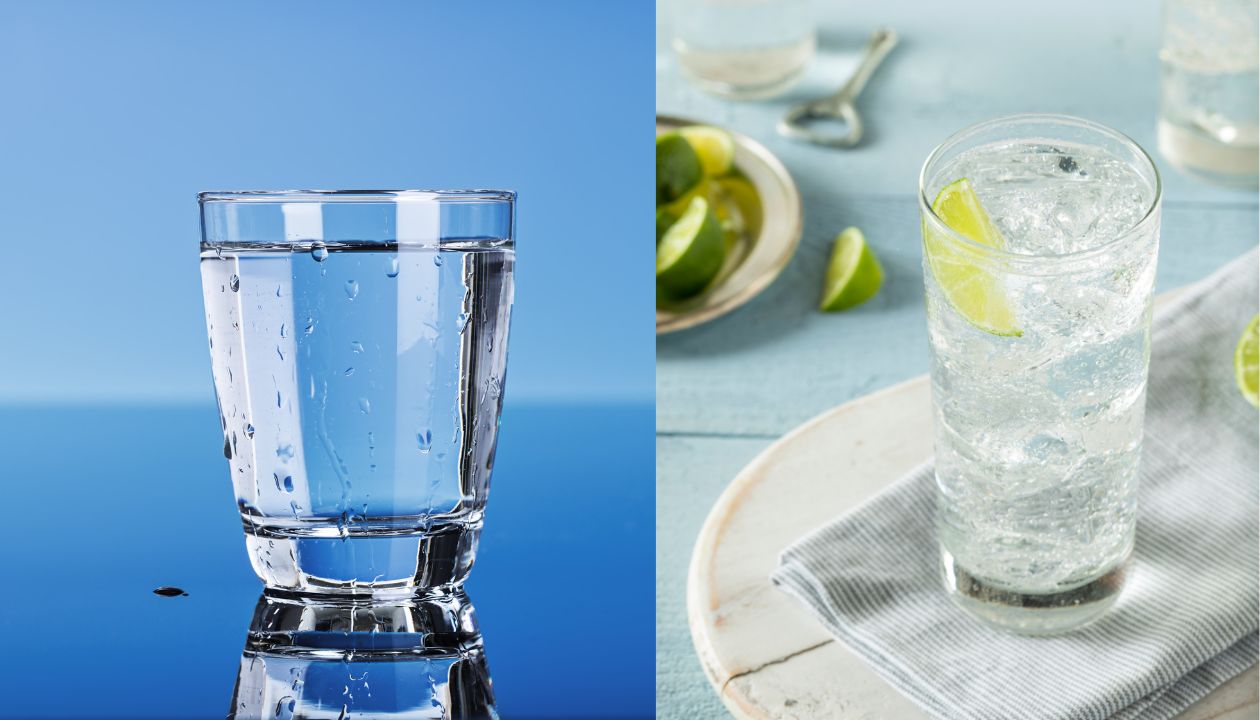
How Do We Acquire Ideal Coffee Water?
Consumers all across the world want to create coffee that tastes as wonderful as their favorite cafes. They have the proper beans and the appropriate coffee machines, but they will never get the accurate taste without the right water.
We already know that water can be ‘hard’ or ‘soft’ depending on some factors, but when it comes to choosing the ideal quality of water for your coffee, you must consider TDS (Total Dissolved Substances).
Magnesium, calcium, and bicarbonate, the most frequent mineral components with a strong flavor, are commonly found in these. It’s the balance of these that brings out the sweetness and bitterness in some beans. Filtered, distilled, and purified water is usually a good choice for brewed coffee.
Your water quality should be clean, clear, and fresh, with no musty odors. The mineral level of your water should be approximately 150 parts per million (ppm), and the optimal water pH for coffee is 7.0(neutral).
Only three components are required to produce your own brewing water:
· Distilled water
· Magnesium Sulfate (MgSO4) – Epsom salts
· Sodium Bicarbonate (NaHCO3) – Baking soda
Then you need some bottles. After that, you need to make two concentrates.
Buffer Concentrate: 1 liter distilled water + 1.7 g (exact 1.68 g) of baking soda
Hardness Concentrate: 1 liter distilled water + 2.5g (exact 2.45 g) of Epsom salts.
The brewing ideal water for coffee: We’ll produce the brewing water now that you have the concentrates.
· 877 g distilled water
· 82 g buffer concentrate
· 41 g hardness concentrate
This recipe will provide brewing water with a total hardness of 82 parts per million and a total alkalinity of 41 parts per million.
This recipe is used by a man in the Finnish Brewers Cup 2020 competition and this recipe really worked with this water a perfect cup of coffee with a strong flavor was made.
An overall principle is the “Golden Ratio” – one to two tablespoons of ground coffee for six ounces of soft water. It can be a good recipe for making coffee.
Suit individual taste inclinations can change this, and the best water for brewing coffees should have a total dissolved solids (TDS) level of between 50 and 150 parts per million (ppm).
Distilled Or Spring Water For Coffee
Should I use distilled water for coffee? Prior to answering the question, we need to know what distilled water is. Distilled water that has been purified to be mineral-free. Calcium and magnesium are minerals found in regular tap water. RO water for coffee can be the best option for you.
Tap water enhances the flavor of your coffee. Since distilled water is minerals-free, the taste won’t be the same as tap water but third-wave water can brew the best coffees as well as distilled water for coffee.
Pure water does not imply deliciousness in the case of coffee water. If you make coffee with distilled water, it won’t taste as good as it usually does. The mineral level of water for coffee, as per the Specialty Coffee Association of America (SCAA), is 150 parts per million.
Therefore, it can be said that the water used in making coffee should have some minerals and other elements. So we can also use soft water for making coffee.
What Is The Greatest Type Of Water To Use For Brewing Coffee?
It is quite difficult to answer the question of what type of water is best for making coffee. This is one of the key issues regarding making it. If we do not consider the chemistry of water then clean, soft, chlorine-free water is best.
The most important factor is soft water for making coffee. Water with no odor or color, and zero chlorine is an excellent aim, according to the Specialty Coffee Association’s water requirements.
Many people believe that the purity level of the water determines how well the coffee tastes. (Sometimes bottled water is used in the coffee shop to increase the test of coffee and they buy bottled water),
Hard water containing hard minerals like calcium and magnesium, on the other hand, not only removes flavors from ground coffee beans but also offers distinct tastes in a variety of ways, according to extensive research.
Is It Safe To Use Tap Water For Coffee?
Tap water is frequently the best option when it comes to brewing coffee. But do you know if is it safe to use tap water for coffee? You can use it as long as it is clean, odorless, well, and not contaminated. The easy filtration technique can make it suitable for preparing great coffees in the machine.
If you know how to filter it accurately, making testy coffee can be easy through coffee makers. Some low-class coffee shops do it frequently.
Even if you use the greatest quality beans and a perfect brew process by the espresso machine, if the tap water tastes terrible, it will ultimately transfer to your coffee, and the taste will be disagreeable. Tap water with a neutral or no taste tends to make coffee boring.
The question still remains should I use tap water to make coffee? though tap water contains minerals that enhance the taste of certain compounds.
FAQ About Softend Water For Making Coffee
Can I Use Softened Water To Make Coffee?
Yes, you can use softened water to make coffee. Softened water, which lacks minerals like calcium and magnesium, is often preferred for coffee because it doesn’t negatively affect the taste. You can either install a water softener at home or purchase bottled softened water for brewing.
Why Not Use Soft Water For Coffee?
Using soft water for coffee is recommended, as it enhances the flavor by avoiding minerals that can alter the taste. However, some may prefer hard water due to personal taste preferences, but generally, soft water is the better choice for a smoother and sweeter cup of coffee.
What Type Of Water Is Best For Coffee Makers?
The best water for coffee makers is typically soft water. Soft water lacks minerals like calcium and magnesium, which can affect taste and clog coffee makers over time. Using filtered or bottled softened water can lead to a smoother and more flavorful brew.
Does Soft Water Affect Coffee Taste?
Yes, soft water can positively affect coffee taste. It lacks minerals found in hard water that can alter the flavor. Coffee made with soft water tends to be smoother and sweeter, allowing the true coffee flavors to shine through.
Conclusion
There are a lot of coffee lovers in the world. So soft water for making coffee is the most important topic for them. and many of them love their morning routine of drinking a cup of coffee of different types.
This article discussed the benefits of using it for making coffee and whether can I use soft water in my coffee maker? It is better for coffee brewing because it doesn’t contain as many minerals break down, which can lead to a better-tasting cup of coffee.
If you’re searching for a superior mug of coffee to drink, check out soft water. Before finishing up, here is an exciting fun fact to share – According to a 2020 survey.
The Netherlands consumes the most coffee per capita (8.3 kg!). Finland is second with 7.8 while Sweden is third with 7.6. Despite the best efforts, the UK didn’t even make the list of the top 15 coffee-addicted countries! Enjoy your coffee!

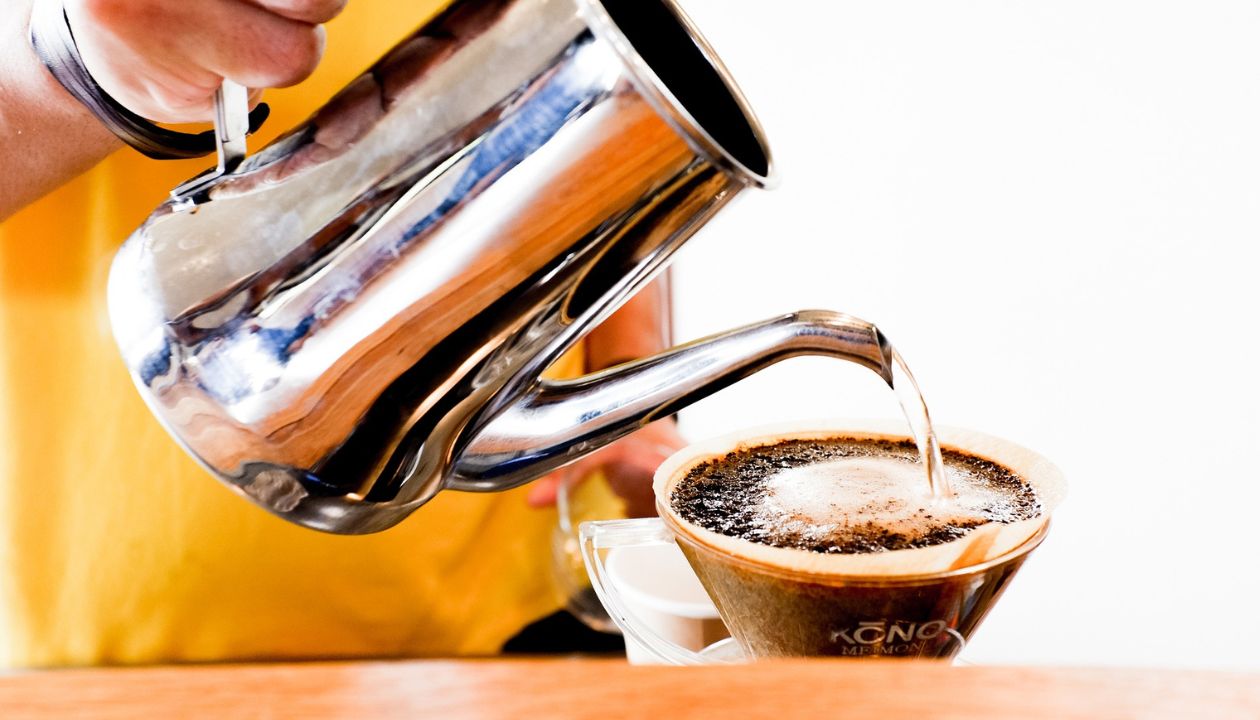
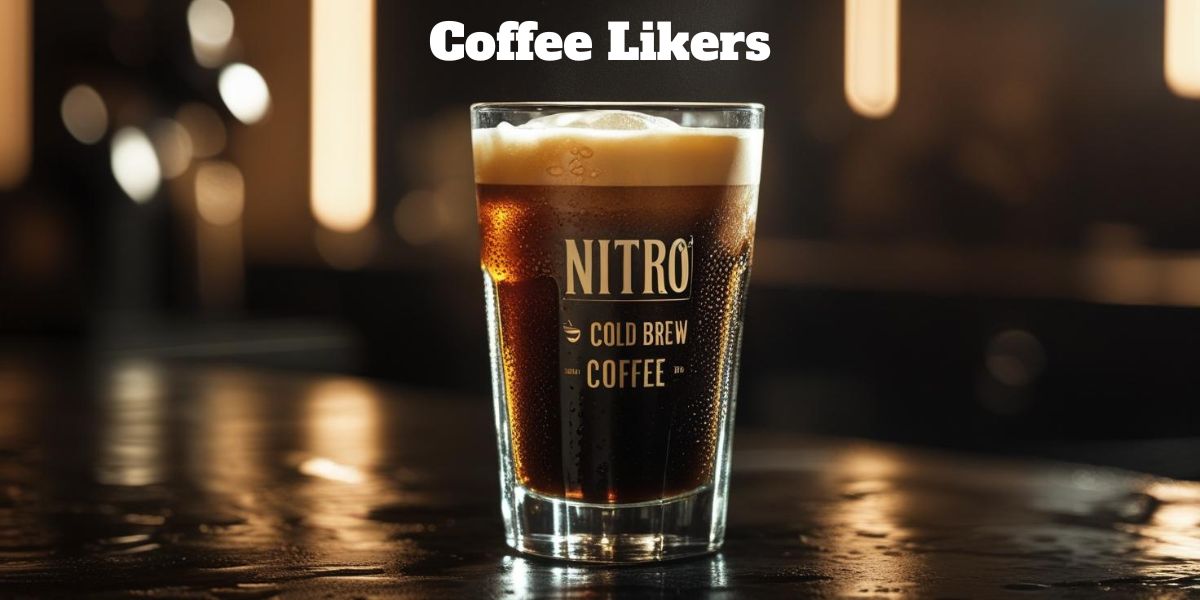
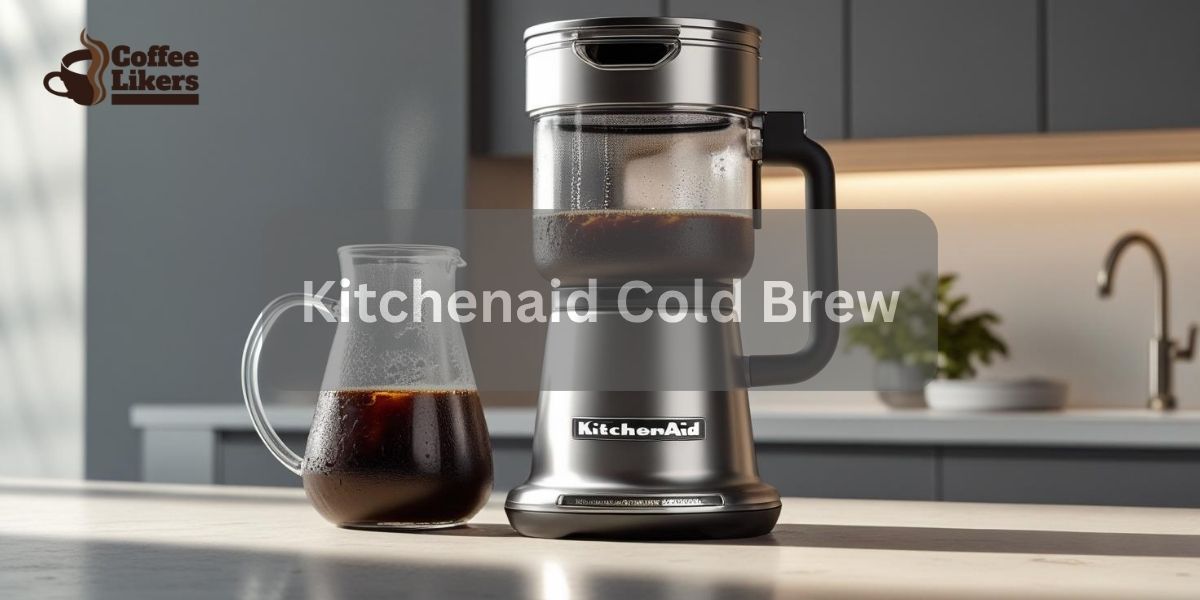
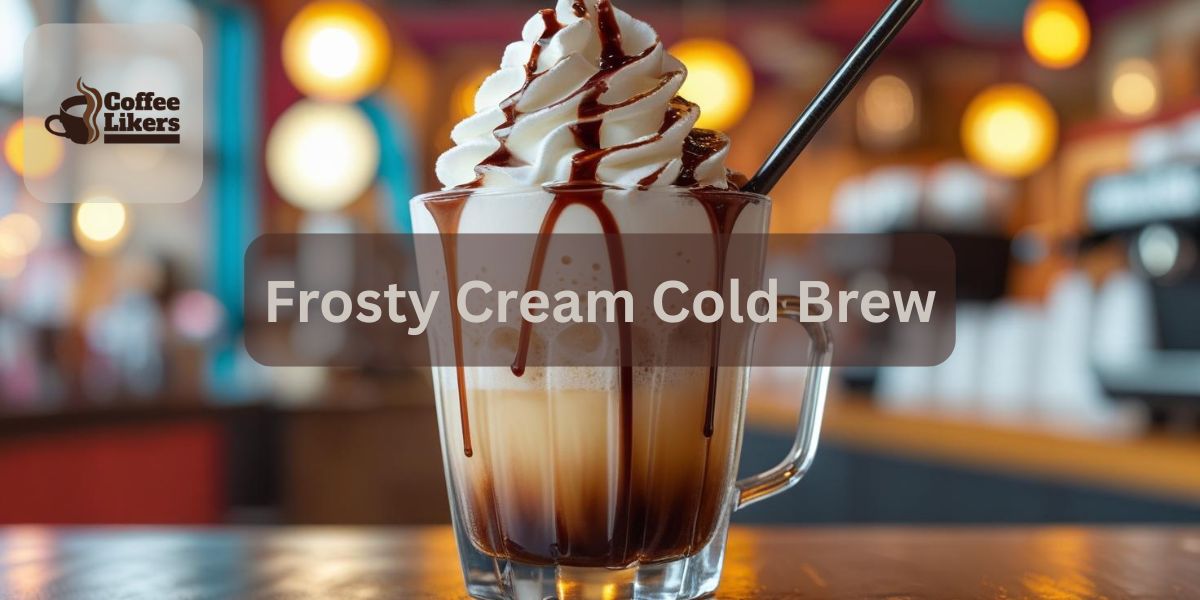
Leave a Reply